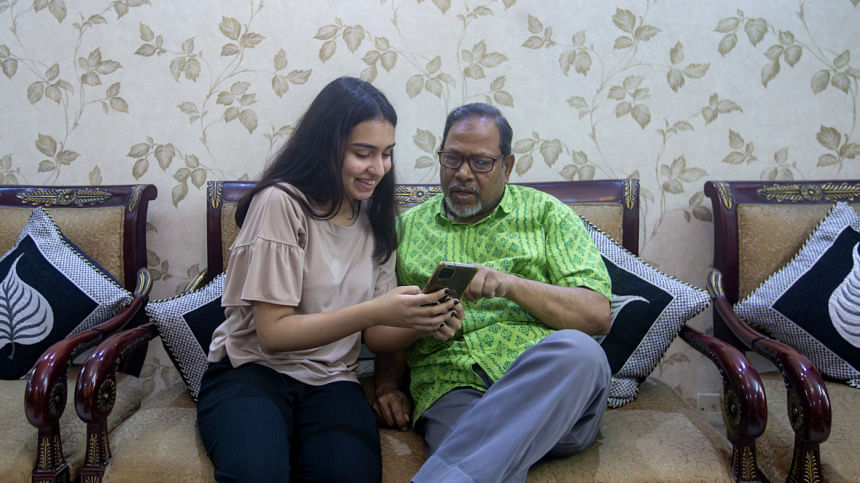Helping parents navigate misinformation on the internet

One of the key aspects of growing up involves taking responsibilities for one's parents. However, in the digital age, caring for them is not just about ensuring their well-being. It also involves protecting them from one of the greatest threats that is prevalent today: misinformation.
With most parents now active on social media, they are exposed to the same barrage of misleading content as the rest of us. But unlike younger generations who have developed a degree of scepticism, many parents come from an era when the printed word was synonymous with credibility. If something appeared in a newspaper, it was, more often than not, true. The internet, however, operates by an entirely different set of rules. Content can be created by anyone, and social media algorithms prioritise engagement over accuracy. Misinformation thrives on emotion – fear, anger, nostalgia – making it dangerously easy to spread.
The challenge is such that even for those of who have spent a considerable amount of time online, distinguishing fact from fiction is becoming increasingly difficult. However, the difficulty is compounded for older generations, many of whom are resistant to the idea that they might be misled. Simply telling them that something is false often provokes defensiveness rather than reflection.
Instead of outright dismissing their beliefs, a more effective approach is to guide them through the fact-checking process. While we may assume that parents struggle with technology, the truth is that they have adapted to social media surprisingly well. Teaching them to verify information using credible news sources is a strong first step.
If something is true, it is likely to be covered by major news media within 24 hours. So, it is crucial that they learn to wait a while before blindly believing the information and share it with the rest of the world. Many older individuals are also prone to accepting information that aligns with their existing political views. Introducing them to neutral, fact-based sources – both on social media and traditional media platforms – can help counterbalance biased narratives.
However, chances are that the frequency of misinformation appearing on your parents' social media feed is much higher than your feed simply because of the algorithm. If your parents are avid enjoyers of unreliable conspiracy theory videos on Facebook or YouTube, their feed is likely to be filled with such content.
One of the most effective ways to intervene is to help them take charge of the kind of pages they interact with. Unsubscribing from unreliable pages and explaining how recommendation systems work can make a significant difference. Parents should understand that their feeds are curated based on past interactions and that consuming a variety of sources leads to a more balanced perspective. They are, after all, navigating a new landscape. The goal should be to make them self-sufficient in filtering misinformation rather than micromanaging their internet use.
Instead of positioning ourselves as fact-checkers scrutinising every move, we should empower them to verify information independently. In Bangladesh's current political landscape, misinformation has become a powerful tool for manipulation. False narratives are deliberately spread to influence public opinion, stir unrest, or serve hidden agendas. Ensuring that our parents can navigate this digital minefield with vigilance is not just a personal responsibility; it is a necessity for a more informed society.
Reach Ifti's spam at [email protected]

 For all latest news, follow The Daily Star's Google News channel.
For all latest news, follow The Daily Star's Google News channel. 








Comments